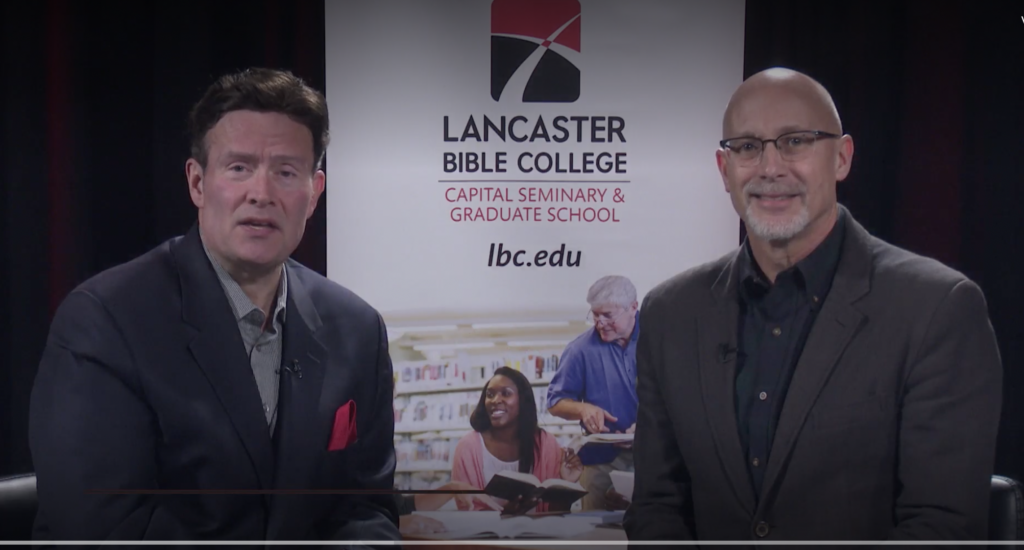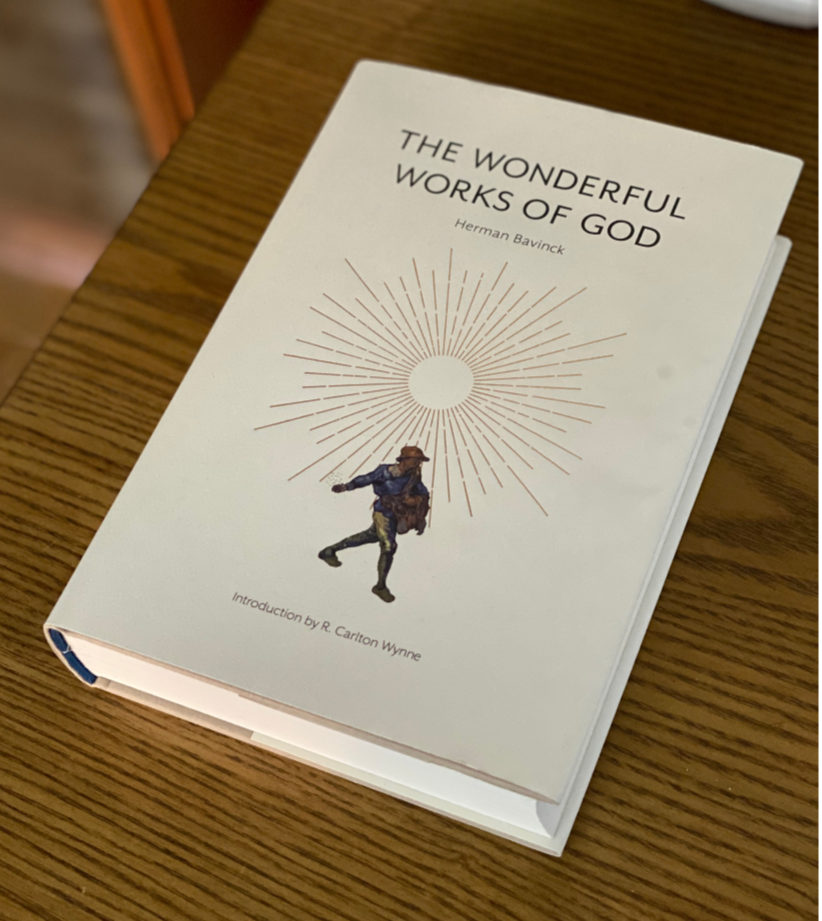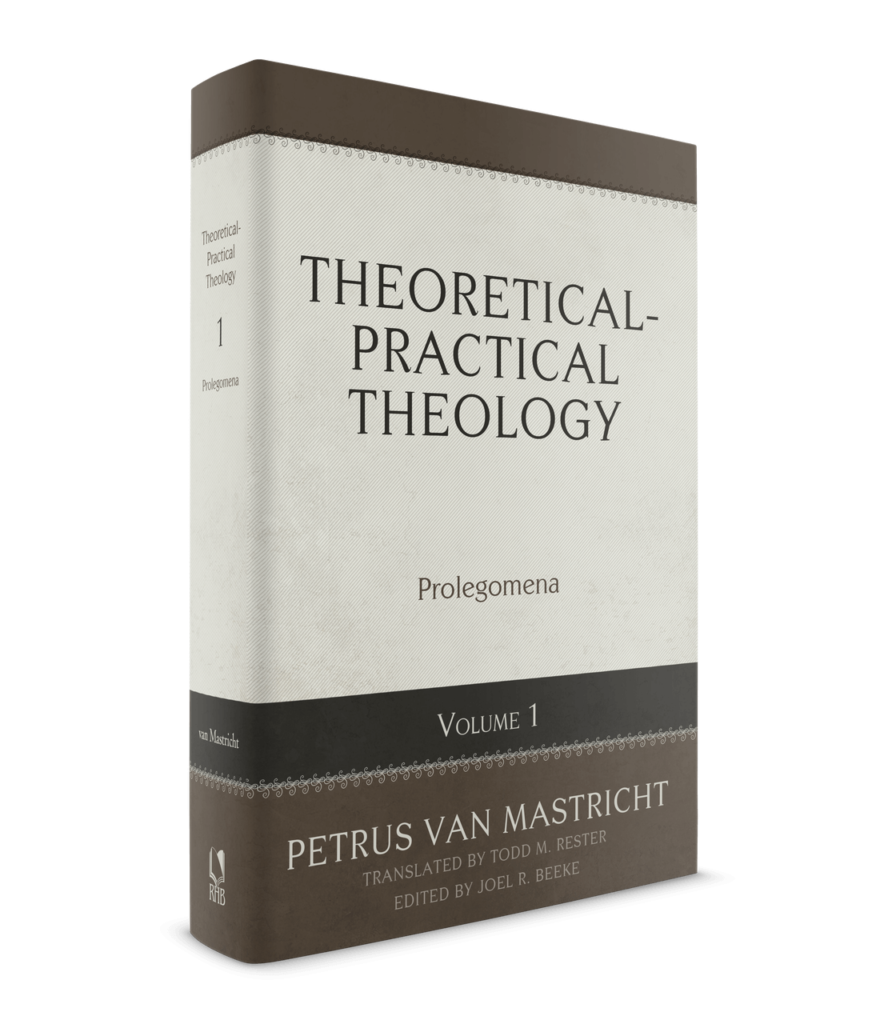For all the care you put into artistry, visual polish frequently doesn’t matter if you are getting the story right.
Ed Catmull, former President of Pixar Animation and Disney Animation

For all the care you put into artistry, visual polish frequently doesn’t matter if you are getting the story right.
Ed Catmull, former President of Pixar Animation and Disney Animation
As I was preparing to preach this past Sunday, I reminded myself again that my job was fairly straightforward. Not necessarily easy, but uncomplicated. If I remember correctly, I even mentioned these two things to our faith-family at the start of the message.
Two things seemed most important if the sermon was going to be a vital part of the worship service. If I could accomplish those two things, then I would have been faithful to my calling as a soul-watcher.
[I realize there’s much more to preaching than these two things, but not less!]
First, it is important for our exegetical method to trace the flow of thought or argument of a preaching portion, regardless of genre (type of literature). Since God decided to write down His revelation to us, He determined to convey theology through literary structure. Tamper with the structure and we may run the risk of tampering with the theology. That’s how His communication works. So, you might consider analyzing the flow of thought or logical structure of a text to be exegesis’s first task. It is always the first thing I do every Monday morning.
Some of my students will recall this being the “A” in ABIT.
Second, it is important for our exegetical method to discover the worship response God is aiming at in His Word. Tracing the flow of thought will reveal how the ideas fit together to form meaning. You and I will have to infer, however, how God intends that meaning to move His listeners to some worship response. You might be more familiar with thinking about the application and that’s fine. I prefer to think of how God intends for the Believer to respond to His revelation as an act of worship. Our exegetical method should allow us to arrive in the pulpit each Sunday ready to announce what God intends for His Word to do to the church.
Again, students may remember this as the “I” in ABIT.
Is this really that important? Sermons on Luke 15 that primarily call all prodigals to come home have missed the flow of thought arising out of vv. 1-2. Missing the argument automatically skews the intention. Tracing the argument leads to a sermon that primarily calls all Pharisee-like listeners to come home.
May our Lord receive glory in the church and in Christ Jesus (Ephesians 3:21) as you use your exegetical method each weekend.
Randal
Recently, I gained the privilege of teaching a Ph.D. class this fall for Lancaster Bible College | Capital Seminary & Graduate School. The course is BIB 909 Old Testament Hermeneutics and Theology.
One of the many stages of preparing to teach includes selecting major textbooks. One of my choices is Bruce Waltke’s, An Old Testament Theology: an exegetical, canonical, and thematic approach.
[If you plan on preaching from the OT, then this is an excellent resource to have on your shelf. I can’t say enough about the quality of Waltke’s scholarship. Despite being only 100 pages into the book, I am glad I purchased it!]
Near the end of chapter 3, The Method of Biblical Theology (Part 1), section 3 is, “Abstract Themes, Ideas, and Messages.” The last paragraph reads,
“After the exegete has interpreted the text and mined its message, the theologian through critical reflection interprets that message from its old horizon to the new horizons of the canon and then of both to the contemporary church. In other words, the theologian builds his or her interpretation that unites the ancient message with the contemporary world after the exegete has done his or her interpretive work….In this way godly theologians inform the conscience of the church.” (p. 92)
Notice, pastors have a dual role as exegete and theologian for the faith-families they serve.
It is true, then, that interpretation doesn’t end with our exegesis. It extends to our ability to locate the message that functions for the church.
You’ve stopped short of that dual role if you cannot articulate what God intends for your preaching portion to do to the church, to your listeners (“the contemporary world”).
Remember, the meaning of your text for this coming Sunday should combine content (exegesis) + intent (theological interpretation). When meaning combines content and intent, you are functioning in your dual role as exegete and theologian.
And our Lord will continue to receive glory in the church and in Christ Jesus (Ephesians 3:21).
Randal
P.S. Waltke basis this understanding of our roles on the nature of the Bible. He writes, “The Bible is more than concepts about God….It is God’s address to his people and his encounter with them. His ‘ideas’ and ‘principles’ are true and call for a personal response to obey and participate in the truth, the divine reality.” (p. 91).
In his sermon, Way of Holiness, Jonathan Edwards lists “reasons why none that are not holy can be in the way to heaven, and why those who never are so can never obtain the happiness thereof.” (p. 474, Kimnach)
Edwards’s fourth reason taught me much about the nature of sin and its affect on all of us. Take a moment and check this against your own understanding of sin and how you normally explain it to your congregants. If you’re like me, you will say something like, “Wow! My definition is a bit light!”
“The nature of sin necessarily implies misery. That soul that remains sinful must of a necessity of nature remain miserable, for it is impossible there should be any happiness where such a hateful thing as sin reigns and bears rule. Sin is the most cruel tyrant that ever ruled, seeks nothing but the misery of his subjects….Sin is a woeful confusion and dreadful disorder in the soul, whereby everything is put out of place…” (pp. 475-476, Kimnach)
The last part is extremely insightful. Unlike anything I’ve read in theologies.
This kind of analysis helps me whenever I try to communicate the meaning of sin. My definition or understanding of sin isn’t as robust as Edwards’s. What I’m learning from Edwards’s preaching is that he is working so hard to convince his listeners that they should avoid sin at all cost.
If your preaching portion for this coming Sunday contains explicit or implicit references to sin, maybe Edwards’s keen understanding may help you help your congregants. I know, as we do this our Lord will receive glory in the church and in Christ Jesus (Ephesians 3:21).
Randal

Some of you know that, for many years, I have had the privilege of teaching Advanced Homiletics to masters level students of LBC|Capital. Through my association with the school, I met Dr. Mark Meyer, a premier Hebrew and Semitic Language scholar. Most recently, I had the joy of completing my Ph.D. in Biblical Studies under Mark’s leadership.
A few years ago I asked Mark to consider making some videos after the fashion of Daily Dose of Hebrew. He agreed and we began shooting some videos in LBC|Capital’s film studio.
In addition to those videos, I also envisioned holding periodic workshops where Mark and I could meet with a group of preachers and teachers of Sacred Scripture and discuss ways to sharpen our gift.
Lord willing, we are offering workshops in Greenbelt, MD (LBC’s D.C. location) on April 15, 2023 and in Lancaster on campus on April 29, 2023. The times are from 10 a.m. to 2 p.m. More details should be arriving soon, but we will be focusing on the Psalms, the subject of my dissertation and one of Mark’s favorite places in Scripture.
I hope your sermon preparation is off to a great start. Sundays comes so quickly!
Randal
P.S. Mark and I are also talking about the possibility of holding a two or three day retreat with a select group for the purpose of tackling how to preach through a book of the Bible.

A couple of weeks ago, as I was preparing for upcoming lectures on theological interpretation, I came across this “plausible and sobering picture” in the Preface of Vanhoozer’s, The Drama of Doctrine (p. xii).
Vanhoozer quotes Alan Wolfe, sociologist from Boston College, who wrote a book back in 2003, The Transformation of American Religion: How We Actually Live Our Faith. He wrote,
“Evangelical churches lack doctrine because they want to attract new members. Mainline churches lack doctrine because they want to hold on to those declining numbers of members they have.”
Notice that Wolfe treats both sides, evangelicals and mainliners. So he recognized this phenomenon 20 years ago.
Do you think the situation has gotten better or worse? Do you ever feel that pressure?
This made me reflect on the Apostle Paul’s statement to the elders in Ephesus recorded in Acts 20:27
for I did not shrink from declaring to you the whole counsel of God.
The Holy Bible: English Standard Version (Wheaton, IL: Crossway Bibles, 2016), Ac 20:27.
It made me wonder what could possibly cause Paul to shy away from certain Scripture in his day.
Wolfe identified the problem in our day. Vanhoozer wrote, “Christian doctrine is necessary for human flourishing: only doctrine shows us who we are, why we are here, and what we are to do” (p. xiii).
May our Lord receive glory in the church and in Christ Jesus (Ephesians 3:21) as we preach and teach as much of His Word as He gives us time and energy to do so.
Randal

If someone asked me to suggest one thing to do to help improve their preaching, I would say:
“Be an avid reader of the best theologians.”
Here’s an example that shows the potential payoff…
The first part of Genesis 3:15 reads,
I will put enmity between you and the woman, and between your offspring and her offspring
Bavinck makes a very simple, but profound observation. He says that this is one of the earliest references to the grace of God in the Bible. He reminds readers of a kind of relationship that the serpent and Eve (and Adam) had earlier in the chapter. They were in agreement.
But God announces what He would do from that moment on in redemptive history: “I will put enmity between you and the woman…”
What would have happened to that relationship if God hadn’t graciously stepped in? The fact that God did step in and created enmity explains all dimensions of spiritual warfare and victory in the Christian life.
Sermons that say this are better. Period. I should have observed this through the years, but didn’t. I am indebted to Bavinck for seeing what I missed. This has happened a lot to me this past year as I have read him bit by bit.
Preachers who want to function as theologians for their flocks do well to devour the best theologians they can access and/or afford. Because…
May our Lord continue to receive glory in the church and in Christ Jesus (Ephesians 3:21) as we do our best by His Spirit and with our Spirit-given abilities/opportunities to be the best theologians we can for the faith-families entrusted to our care.
Randal

If you’ve read some of my material through the years, you know that most of my reading centers on hermeneutics, exegesis, and theological studies. The reason is because I put a premium on those topics in the context of my preaching and teaching homiletics. The reason is because I value their contribution over most, purely homiletical writings. The reason is because of my conviction that precision is more important than presentation.
[Caveat: however, I work hard at both precision and presentation and realize that poor preaching can eclipse the exegetical/theological precision used in the sermon development stage.]
Last week I began reading, Biblical Reasoning: Christological and Trinitarian Rules for Exegesis, by R. B. Jamieson and Tyler R. Wittman.
Chapter 3 contains an interesting discussion of “Scripture’s Exactness” (p. 50). The section begins:
“Early Christian interpreters often spoke of Scripture’s ‘exactness’…to underscore divine teaching’s intentionality, reliability, and attention to detail” (p. 50).
The authors explore two implications of this concept.
First, God chooses His words very carefully. This is especially important when considering how many different authors, styles, and genres are in Scripture. God chooses those words very carefully (you will, no doubt, read this through the grid of your own view of inspiration).
Second, and I will quote them here, “what is taught carries a degree of precision that we must grasp” (p. 51).
Therefore, during sermon development it is important that I pay close attention to the words God uses to reveal Himself and His plan for His people. I cannot be a lazy reader, but a close reader of Scripture. That will serve my faith-family well as I prepare to read with them each Sunday.
The second implication for preaching is that, by God’s grace and the Spirit’s enablement, my precise understanding of Scripture must match Scripture’s precision. That almost always requires me and you to paraphrase and restate what God is saying precisely. That means you and I must choose our words and illustrations very carefully to be as precise as we can be. An example is our use of the word, trinity, or nature, words which may not be found in Hebrew, Aramaic, or Greek.
Anyway, I hope you get a taste of how a doctrine such as Scripture’s exactness affects our preaching. May our contemplation of God’s inspired revelation and its implication result in God receiving glory in the church and in Christ Jesus (Ephesians 3:21).
Randal

The longer I am privileged to serve as a pastor the more I feel the need to become a better theologian. And, so far, it looks like the three-volume translation of Mastricht’s systematic theology (“…originally written in Latin and subsequently translated into Dutch and now being simultaneously translated into English and re-translated into Dutch…”) is going to be a tremendous help.
Here’s why. First from the Editor’s Preface:
“As a systemic theology or body of divinity, this classic…combines a rigorous, biblical, and scholastic treatment of doctrine with the pastoral aim of preparing the reader to live for God through Christ.” (p. xi, emphasis added)
And from the Translator’s Preface:
“Mastricht is a pastor writing to train pastors…” (p. xvii)
And, if that wasn’t enough to sell me on its value:
“…Mastricht insisted that preaching and theology must be inextricably linked.” (p. xviii)
Finally, lo and behold, before the systematic theology begins, Mastricht decided to write the first 31 pages describing, “The Best Method of Preaching.”
For years I’ve had the privilege of teaching preaching. Each year I urge my new friends and colleagues in ministry to become better theologians for their flocks. One way to do that is to regularly read robust writings of ancient theologians (Petrus van Mastricht lived from 1630-1706).
If you’re a Jonathan Edwards fan, Neele writes, “And if the words of Edwards Amasa Park (1808-1900) can be relied upon, Jonathan Edwards Jr. (1745-1801) read Mastricht’s TPT seven times” (p. lvii). Edwards is quoted as saying that Mastricht’s book was “much better than…any other book in the world, excepting the Bible, in my opinion…” (p. lviii).
Pretty high praise coming from Edwards.
Lord willing, I am excited to read these volumes and see if it was worth Edwards reading it seven times.
More than that, I hope you will join me in becoming a better theologian for your faith-family so God receives glory in the church and in Christ Jesus (Ephesians 3:21).
Randal

If you’re preaching or teaching context is like mine, then most of your listeners are familiar with Christian or biblical language.
Early last week I heard an excellent preacher tell his listeners that reading their Bible this year would help them be more Christlikeness. I couldn’t agree more, especially since the preacher was careful to emphasize not only reading but appropriating Scripture or applying their lives to the Bible.
As I listened I asked whether the listeners knew why becoming more Christlike was a good thing for them. Congregants who know their Bibles well probably would readily admit that they want to be more Christlike, but would they, or my own parishioners, know why it’s good.
That brief sermon segment I heard on the radio helped me understand my need to explain the “why” of the doctrines I preach and teach.
Give it a try: Becoming more Christlike is an excellent goal for every Christian because __________________.
You could start with something like: “….because it is good for God’s reputation in the church and in the world.”
You could also explain that, “…because it is good for us. Period.”
You could also state that, “…because it is good for our witness in the world.”
I came away thinking that even if my listeners know the concept of being Christlike, they may not be able to articulate why it’s a good goal for them. If listened to my own sermons I might find that, too often, I leave this critical piece of the theological puzzle out.
As you craft your sermon/lesson this week, look for doctrine that your congregants know, but may not know the “why” attached to it. And may our Lord continue to receive glory in the church and in Christ Jesus (Ephesians 3:21) as a result of your efforts.
Randal